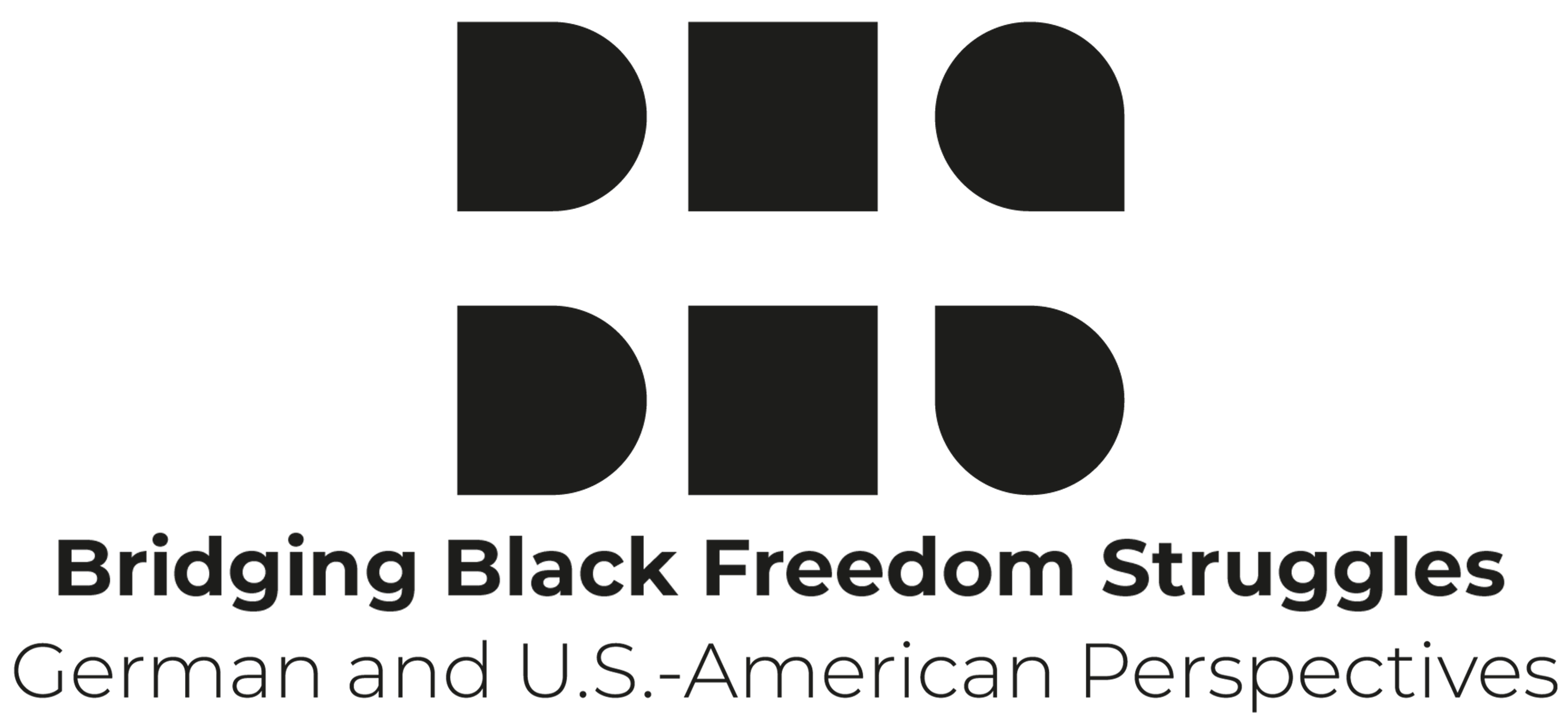In my dissertation (published in 2018), I studied the relationship between the GDR and the Civil Rights Movement. The American civil rights movement received much attention in East Germany throughout the country’s 40-year existence. Indeed, campaigns of “international solidarity” with “the other America” were official state policy. East Germany sent hundreds of thousands of letters of support to civil rights activists in the U.S., published books by black authors, and released recordings of African American musicians. At the invitation of the government, central figures of the civil rights movement – including W.E.B. DuBois, Paul and Eslanda Robeson, Ralph Abernathy, and Angela Davis – travelled to the country and participated in a host of events and state ceremonies. Only Martin Luther King, Jr., who visited for a few hours in 1964, came as guest of the church. My book considers those visits and the state policy that accompanied them. I take a closer look at how those visits were received by different groups within GDR society. In particularly, I show that messages of nonviolent resistance inspired East German Christians and opposition groups to take action. Finally, I ask why African American civil rights leaders visited socialist countries and discuss their experiences in light of the history of encounters between blacks and socialists during the 20th century. For my postdoctoral work, I moved on to the Ruhr-University of Bochum and am working on a new project in German history titled “Catholicism in the 1970s and 1980s in the FRG and the Green Party”. The project is part of the DFG-collaborative research center “Catholicism in the 1970s and 1980s in the Federal Republic of Germany”. I am focusing on the intersections of environmental history, church history and the history of the 1980ies of West Germany.
The German environmental movement was fundamentally influenced by the American environmental movement that in turn has strong links to the environmental justice movement and the Civil Rights Movement. For example, the Civil Rights Movement was an important role model for protest methods of the New Social Movements in West Germany; Martin Luther King and in particular nonviolent resistance was widely discussed within the Protestant and Catholic circles and played a role in (Christian) grassroots protest movements, especially the environmental movement. Moreover, it has not yet been studied how African American activists, people of color and migrants have been involved in those international networks and activism within Germany.
